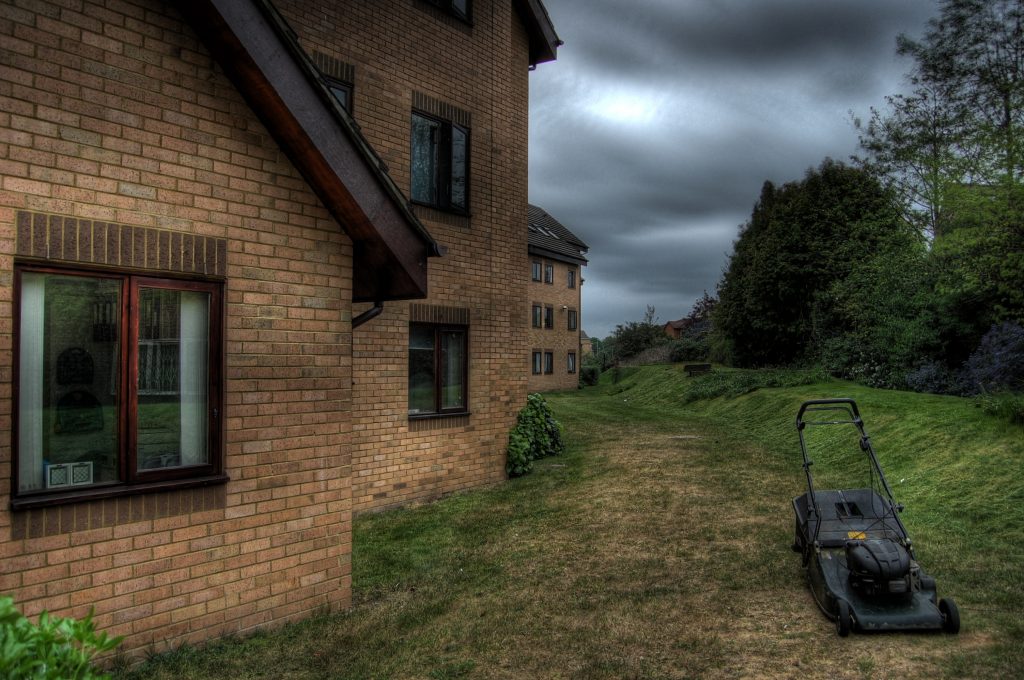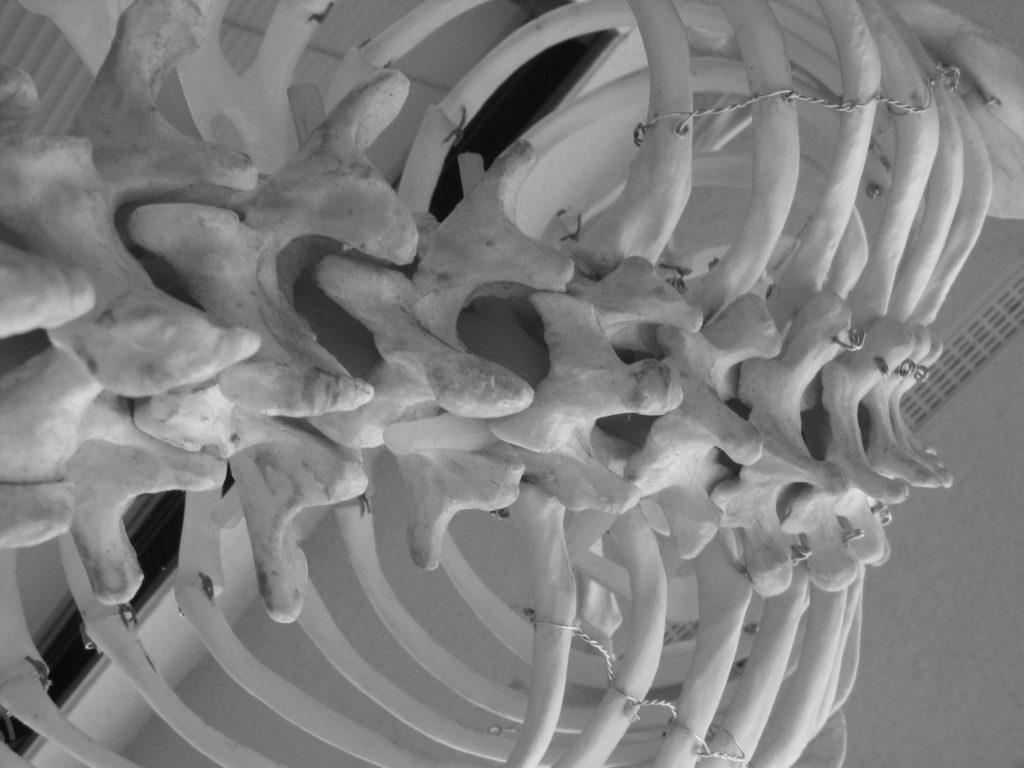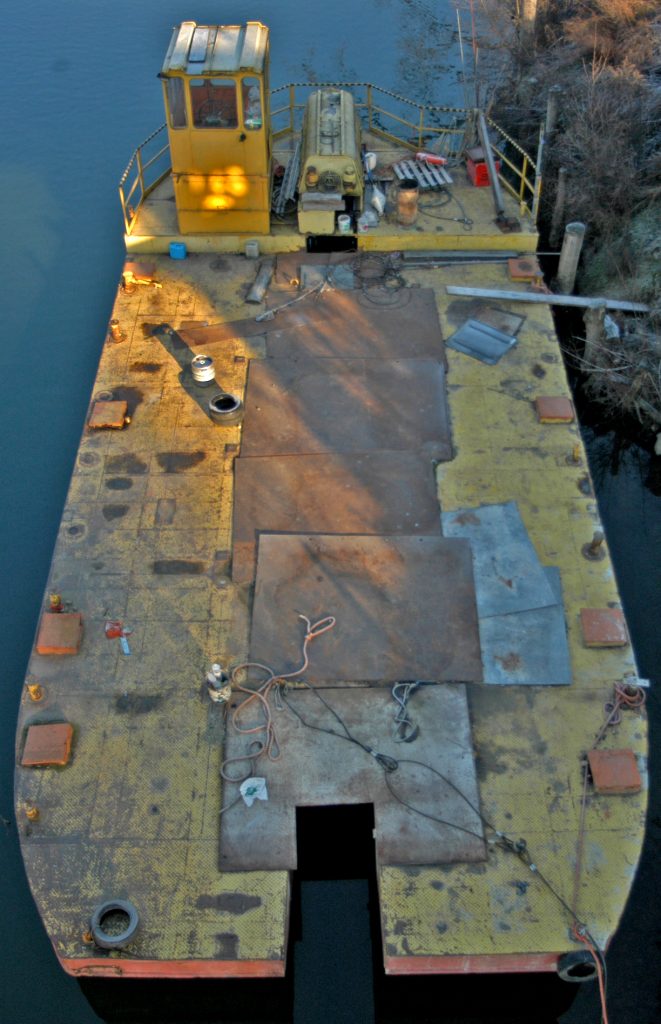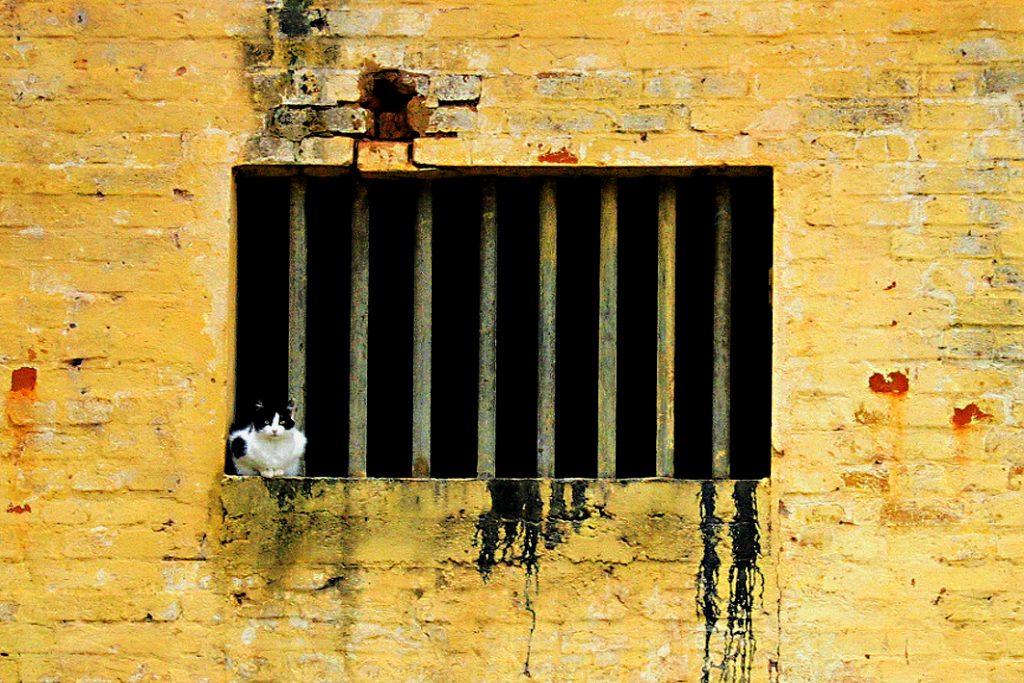 No legal case is without controversy, but some of the most controversial types of cases involve a slip and fall injury. For some, it is hard to believe that a “little fall” could actually cause substantial injury. Often times, those who bring a slip and fall action are seen as milking the situation to try to get money from a business. However, when a person is injured he or she must prove that the injury was the result of someone’s alleged negligence. This proof requires that the injured individual show that the facts surrounding the incident support his or her claim. When coupled with a stringent legal standard, a dispute of what occurred at the time of the injury complicates the matter. The following slip and fall lawsuit filed against the Albertsons in Shreveport, Louisiana, shows the difficulty in bringing such claims to trial.
No legal case is without controversy, but some of the most controversial types of cases involve a slip and fall injury. For some, it is hard to believe that a “little fall” could actually cause substantial injury. Often times, those who bring a slip and fall action are seen as milking the situation to try to get money from a business. However, when a person is injured he or she must prove that the injury was the result of someone’s alleged negligence. This proof requires that the injured individual show that the facts surrounding the incident support his or her claim. When coupled with a stringent legal standard, a dispute of what occurred at the time of the injury complicates the matter. The following slip and fall lawsuit filed against the Albertsons in Shreveport, Louisiana, shows the difficulty in bringing such claims to trial.
Yvonne and Aristide Ton were visiting an Albertsons’s grocery store in 2013. Upon arriving at the store, Ms. Ton went straight to the display of pumpkins out front, while Mr. Ton went to get a cart. After looking at the pumpkin display, Ms. Ton looked around for her husband, took a step or two, and then fell injuring her shoulder. Ms. Ton could not identify exactly what happened when she fell, but she claimed in her lawsuit that the fall was caused by a “defect in the concrete.” Albertsons responded by claiming that the concrete area where Ms. Ton fell posed no reasonable risk of harm. Albertsons provided witness testimony stating that the area where Ms. Ton fell had no prior history of falls and that the store had received no complaints regarding the area around the pumpkin display.
Under Louisiana Law, a business must “keep aisles, passageways, and floors in a reasonably safe condition.” La. R.S. 9:2800.6. This duty imposes a reasonable effort on the business to keep its premise free of any unsafe conditions which may cause injury. To bring a slip and fall claim against a business, the injured person must prove three things: 1) the floor surface presented an unreasonable and foreseeable risk of harm 2) the business created or knew of the unsafe floor surface and 3) the business failed to use reasonable care.
 Louisiana Personal Injury Lawyer Blog
Louisiana Personal Injury Lawyer Blog


 When a case goes to trial, there are many nuances that a lawyer might have to address, including a motion for a continuance or a dismissal. A continuance is the postponement of a hearing, trial or other scheduled court proceeding at the request of either party or by the judge. A dismissal occurs when the court ends a legal action before completing the trial process. This case out of the Parish of East Baton Rouge demonstrates Louisiana’s requirements for a continuance or a dismissal in the district courts.
When a case goes to trial, there are many nuances that a lawyer might have to address, including a motion for a continuance or a dismissal. A continuance is the postponement of a hearing, trial or other scheduled court proceeding at the request of either party or by the judge. A dismissal occurs when the court ends a legal action before completing the trial process. This case out of the Parish of East Baton Rouge demonstrates Louisiana’s requirements for a continuance or a dismissal in the district courts. “My neck, my back, my neck and my back” is a cliche that has been used in television shows and movies when someone gets hurt in an accident and likely tends to file a lawsuit. Although Caddo Parish, Louisiana woman, Ruth Toliver, may not have used the exact phrase, she did fall on the job and filed for workers’ compensation benefits. After receiving a workers’ compensation settlement, she filed a lawsuit to recover for additional injuries. But whether Ms. Toliver could recover twice proved another matter.
“My neck, my back, my neck and my back” is a cliche that has been used in television shows and movies when someone gets hurt in an accident and likely tends to file a lawsuit. Although Caddo Parish, Louisiana woman, Ruth Toliver, may not have used the exact phrase, she did fall on the job and filed for workers’ compensation benefits. After receiving a workers’ compensation settlement, she filed a lawsuit to recover for additional injuries. But whether Ms. Toliver could recover twice proved another matter.  Imagine that you own several rental properties, and one day some of the properties get severely damaged by a hurricane. You slowly try to repair the damaged properties, but your local government decides to demolish it, without notifying you first. That is what happened to a St. Bernard Parish, Louisiana man named Glenn Sandrock.
Imagine that you own several rental properties, and one day some of the properties get severely damaged by a hurricane. You slowly try to repair the damaged properties, but your local government decides to demolish it, without notifying you first. That is what happened to a St. Bernard Parish, Louisiana man named Glenn Sandrock. Res Judicata, also known as claim preclusion, is a Latin term that literally means “for a matter judged.” In the legal system, res judicata is a doctrine that prohibits a second lawsuit from being filed for a matter that has already been judged or decided on the merits. Once parties to a lawsuit have had the opportunity to be heard by the court and the court rules on the claims asserted in the lawsuit, those parties are generally not ever again allowed to bring a lawsuit against the same parties for the same claims that arose from the same transaction or occurrence.
Res Judicata, also known as claim preclusion, is a Latin term that literally means “for a matter judged.” In the legal system, res judicata is a doctrine that prohibits a second lawsuit from being filed for a matter that has already been judged or decided on the merits. Once parties to a lawsuit have had the opportunity to be heard by the court and the court rules on the claims asserted in the lawsuit, those parties are generally not ever again allowed to bring a lawsuit against the same parties for the same claims that arose from the same transaction or occurrence.  Most of us probably owe money to someone. Whether it be for our home, a vehicle, a credit card or even just to a friend. A
Most of us probably owe money to someone. Whether it be for our home, a vehicle, a credit card or even just to a friend. A The majority of cases, civil and criminal alike, never make it to trial. The parties may settle the case out of court or the claims may simply be dropped by the plaintiff. A third reason why a case may not make it to the jury is if a judge grants a party’s motion for summary judgment; a fate that almost befell Orleans Parish citizen John Ludlow’s negligence
The majority of cases, civil and criminal alike, never make it to trial. The parties may settle the case out of court or the claims may simply be dropped by the plaintiff. A third reason why a case may not make it to the jury is if a judge grants a party’s motion for summary judgment; a fate that almost befell Orleans Parish citizen John Ludlow’s negligence Imagine you owned acres of lush and valuable trees. Then imagine that one day, you discover your land to be completely barren, the valuable trees almost completely removed. Even worse, you have no real, viable recourse against the thieves who cut down and hauled off the trees because of a very strict, literal, narrow interpretation of the terms of a statute. Instead, you are left with stripped land and a possibly uncollectable judgment.
Imagine you owned acres of lush and valuable trees. Then imagine that one day, you discover your land to be completely barren, the valuable trees almost completely removed. Even worse, you have no real, viable recourse against the thieves who cut down and hauled off the trees because of a very strict, literal, narrow interpretation of the terms of a statute. Instead, you are left with stripped land and a possibly uncollectable judgment.  Sometimes we are asked to do a task at work that we do not feel qualified to perform. We think things like, “Hey, that wasn’t in my job description.” Well, that’s essentially what happened to Mark Barto but, unfortunately, attempting to perform his assigned task resulted in a back injury that led Mr. Barto to file a lawsuit.
Sometimes we are asked to do a task at work that we do not feel qualified to perform. We think things like, “Hey, that wasn’t in my job description.” Well, that’s essentially what happened to Mark Barto but, unfortunately, attempting to perform his assigned task resulted in a back injury that led Mr. Barto to file a lawsuit. Navigating the criminal justice system is a scary, stressful and, often harrowing experience for anyone, but these feelings are generally exacerbated when a defendant is mentally ill. The unfortunate story of Willie Warren Harper follows as an illustration of the litigation that can arise in these situations. After being arrested for theft in 1984, Mr. Harper was admitted to Feliciana Forensic Facility (FFF), a part of Louisiana Department of Health and Hospitals (DHH). He was found not guilty by reason of insanity and, when deemed to no longer be a danger to himself or others, was to be released on the condition that the Orleans Inmate Treatment Service (OITS) would help him enter a halfway home and file for social security and welfare. However, he remained in DHH’s legal custody until 1997.
Navigating the criminal justice system is a scary, stressful and, often harrowing experience for anyone, but these feelings are generally exacerbated when a defendant is mentally ill. The unfortunate story of Willie Warren Harper follows as an illustration of the litigation that can arise in these situations. After being arrested for theft in 1984, Mr. Harper was admitted to Feliciana Forensic Facility (FFF), a part of Louisiana Department of Health and Hospitals (DHH). He was found not guilty by reason of insanity and, when deemed to no longer be a danger to himself or others, was to be released on the condition that the Orleans Inmate Treatment Service (OITS) would help him enter a halfway home and file for social security and welfare. However, he remained in DHH’s legal custody until 1997.